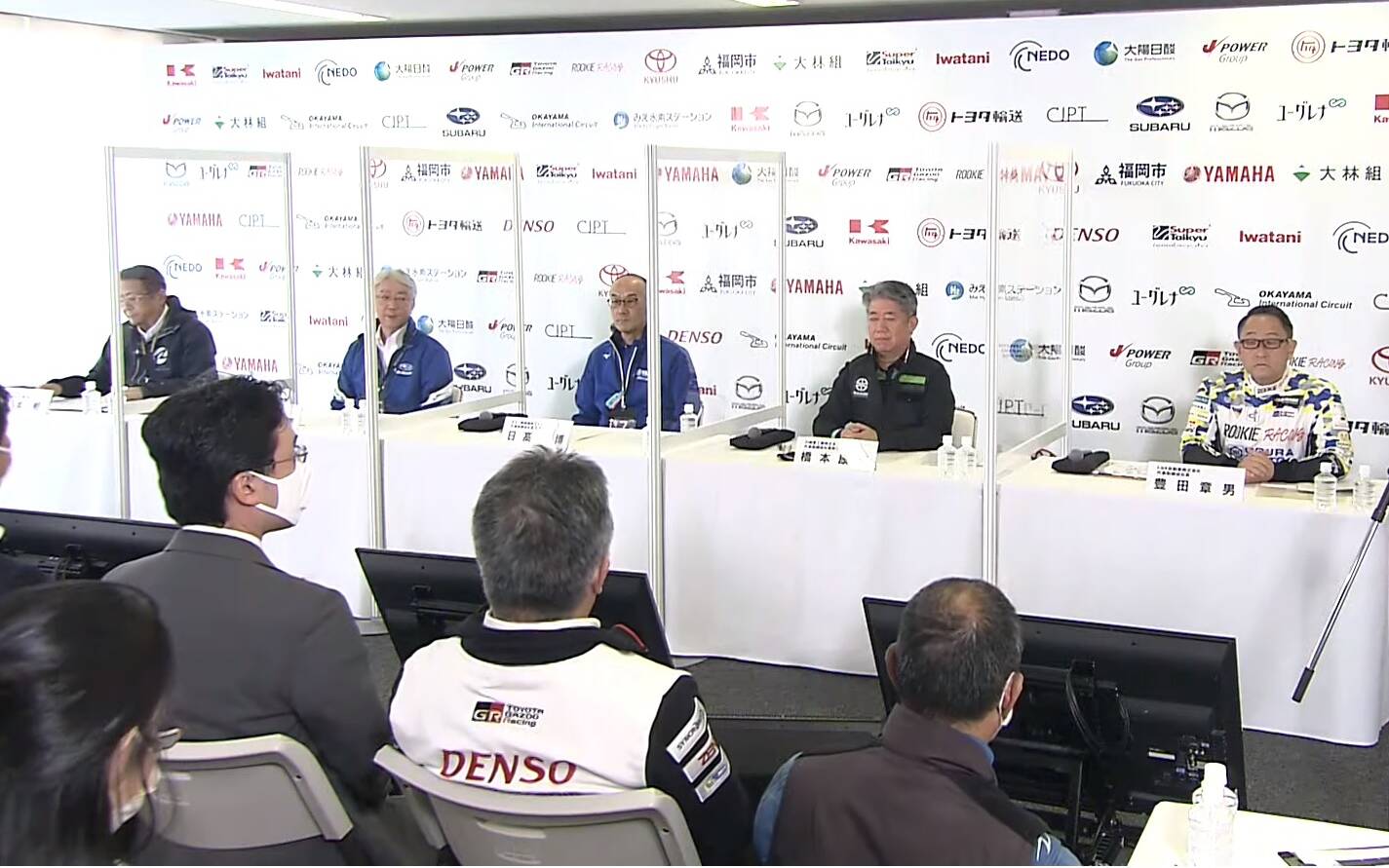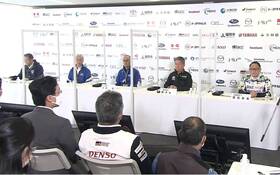Let’s Save the Internal Combustion Engine, Toyota, Mazda and Subaru Say
As we found out during the COP26 United Nations Climate Change Conference, not all countries and companies are ready to commit to an all-EV future, even by the end of the next decade.
Toyota’s reluctance is well documented, but the Japanese auto giant is not alone in wanting to save the internal combustion engine (ICE) from extinction. Four other manufacturers from Japan—Mazda, Subaru, Kawasaki and Yamaha—have joined forces with Toyota to work toward the achievement of carbon neutrality by expanding fuel options through the use of internal combustion engines.
- Also: Toyota bZ4X Makes Production Debut With Impressive Range
- Also: 2023 Subaru Solterra Debuts as Subaru’s First All-electric Vehicle
In other words, they aim to go beyond electrification to solve Earth’s problems.
The five companies intend to pursue three initiatives starting with the use of so-called carbon-neutral fuels in auto racing. Mazda will focus on a SKYACTIV-D engine that runs on next-generation biodiesel fuel, while Toyota and Subaru will test two new vehicles powered by carbon-neutral synthetic fuel derived from biomass as early as next year.

In another initiative, Toyota and Yamaha will continue to race using hydrogen-powered race cars (essentially, modified Corollas) and working with companies and local governments to expand the options for producing, transporting and using hydrogen.
Forbes reported in early September that the maker of the Mirai fuel-cell sedan is ready to add at least two more hydrogen-powered vehicles to its showrooms by the end of 2022, possibly Corolla and Prius models.
Unlike the Mirai, however, no fuel cells would be involved, so no converting hydrogen into electricity. Instead, hydrogen would be used to power the combustion engine directly, as is already the case in the race-spec Corolla.

Finally, Yamaha and Kawasaki will team up to jointly develop and explore the use of hydrogen engines in their motorcycles and other vehicles.
Synthetic fuels are getting more and more attention from automakers. The list includes Porsche, which believes ICE-equipped cars running on its eFuel can be as clean as today’s EVs.
"From a 'well to wheel' perspective—and you have to consider the well to wheel impact of all vehicles—this will be the same level of CO2 produced in the manufacture and use of an electric vehicle," Porsche Vice President of Motorsport and GT cars Frank Walliser once told Evo magazine.
Of course, racing is only one part of the equation. We need to include all passenger and commercial vehicles roaming the planet. Think carbon-neutrality can be achieved with a mix of technologies? Or are EVs the only way to go?












